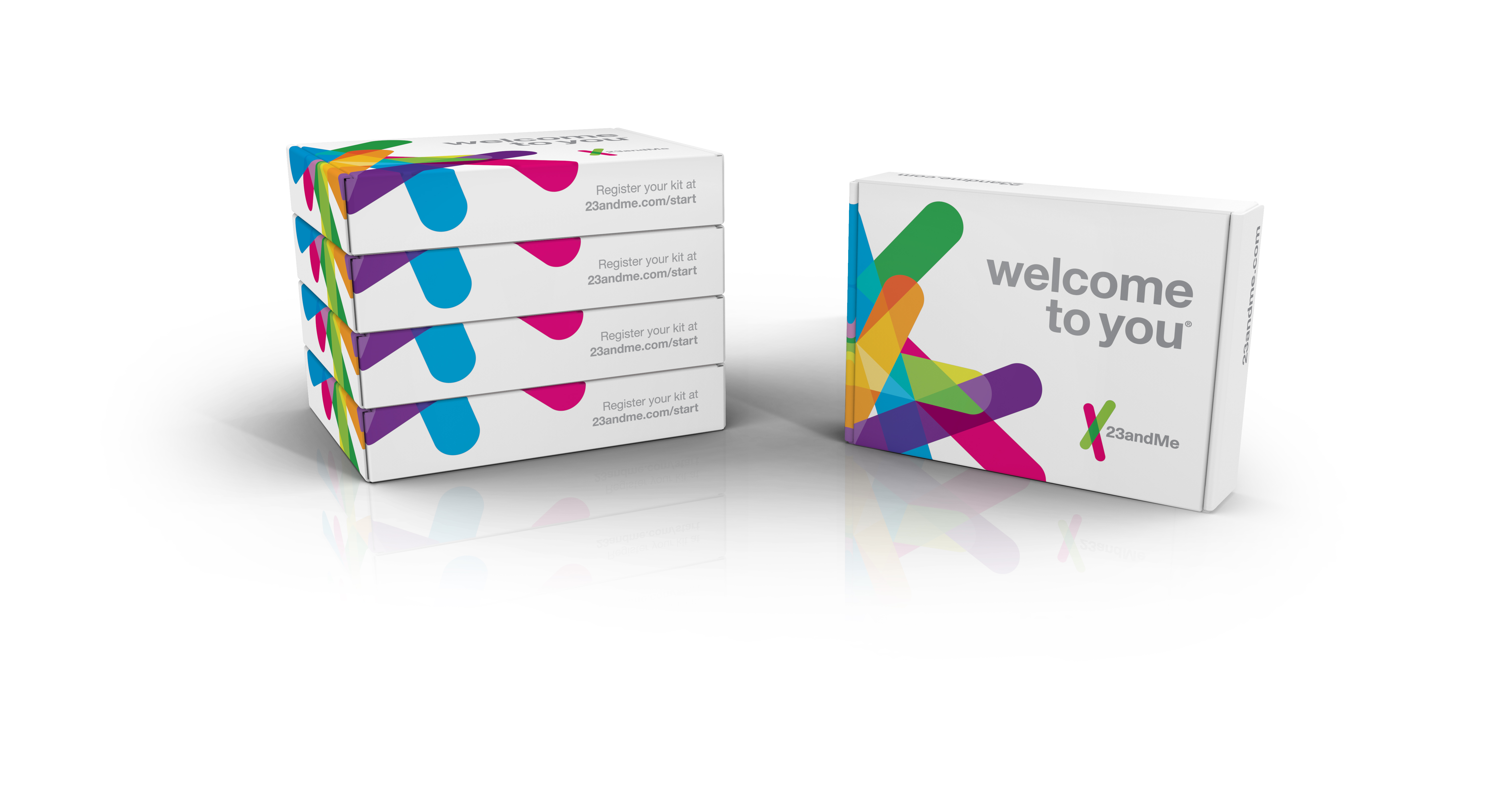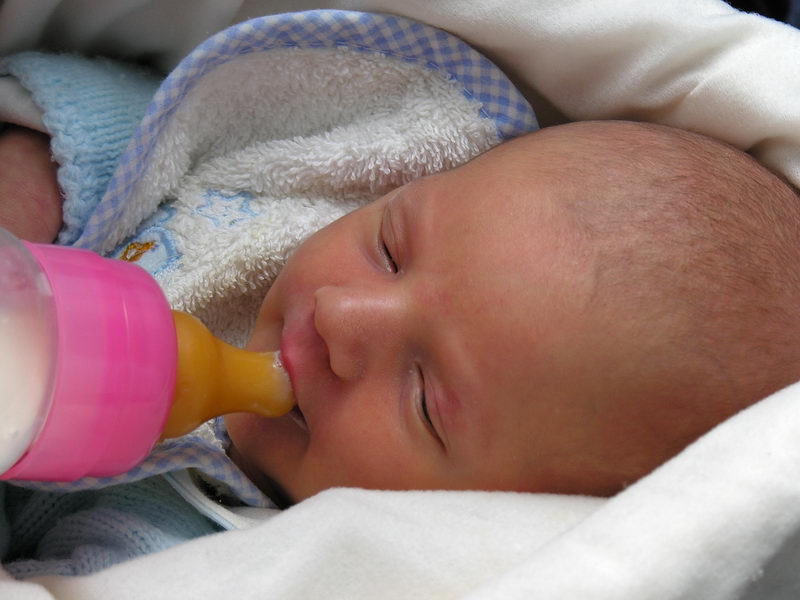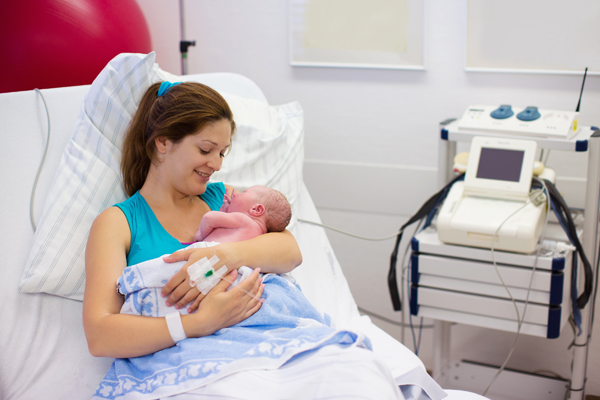California-based biotech BillionToOne launched its combination genetic test, UNITY, in hopes of giving expecting mothers some peace of mind about their baby’s health.
The new test is a combination of two genetic tests. The first is carrier testing, which looks for genetic mutations in a parent’s DNA that may increase the risk of disease in their child. If one parent’s test comes back positive (mother), the other parent (father) should be tested as well. However, 40 percent of babies are born to single mothers, meaning the baby’s risk of disease cannot be confirmed.
To overcome this problem, UNITY conducts noninvasive prenatal testing (NIPT) following a positive carrier test. With a blood draw from the mother, NIPT can reveal chromosomal abnormalities in a baby, including duplications, deletions and even single gene variants. At this stage, the company’s combination test is capable of detecting cystic fibrosis, spinal muscular atrophy, sickle cell disease and different types of a blood disorder called thalassemia.
A traditional carrier test may yield false positives that require weeks of follow-up. With the capacity to perform NIPT immediately after, the company says UNITY takes two weeks to complete and can spare mothers from invasive diagnostic tests. Even with near perfect scores on specificity and sensitivity tests in clinical trials, parents discuss next steps with a doctor after taking a UNITY test.
The test, which has been validated as a Laboratory Developed Test, will be made available for commercial and clinical use through an early access program. With this launch, UNITY might better prepare families for high-risk pregnancies
“We’re extremely excited about the commercial launch of UNITY, which will make the existing carrier screening process ten times more accurate and efficient,” Oguzhan Atay, CEO and Co-Founder of BillionToOne, said in a statement.
While this test promises to reduce costs and timelines, not all parents are on board with prenatal testing. It can be difficult for parents to learn that their child has a high chance of having a disease; what they do with this information can raise ethical concerns. In terms of the cost, BillionToOne says that UNITY is covered by most insurance providers, including Medicaid.
Today, prospective parents can choose from a large selection of tests in this burgeoning market. Companies like Sema4 are raising the stakes by expanding the range of their carrier screens (280 conditions) at earlier times (nine weeks into pregnancy). Another big competitor is Natera, a genetic testing company whose full-panel NIPT, Panorama, dominated the global market in 2017. Three years ago, the start-up RareCyte developed a platform for isolating rare fetal cells from maternal blood for diagnostic test development.
With the market predicted to reach over $5 billion by 2028, parents can look forward to more genetic screening options when it comes to their child’s health.
*Editor’s note: A previous version of this article mentioned that “the test was not yet approved by regulators”. Carrier and NIPT tests do not require separate FDA approval in addition to Clinical Laboratory Improvement Amendments (CLIA) certification.












Join or login to leave a comment
JOIN LOGIN